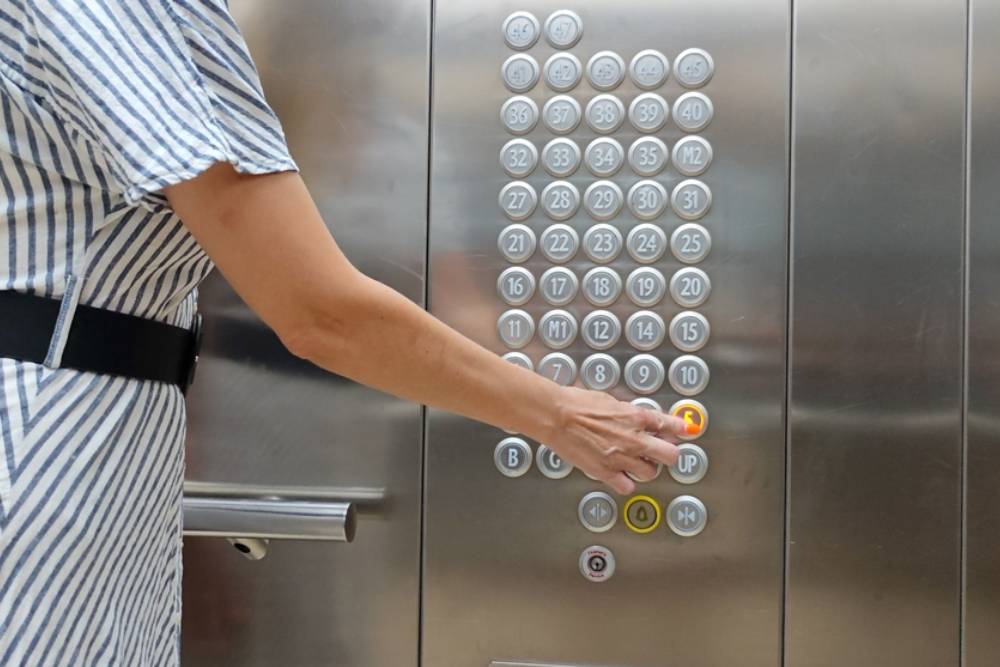Florida’s Elevator Safety Framework
The Florida Elevator Safety Act (Fla. Stat. § 399.02(5)(b)) mandates that elevator owners ensure the safe operation, proper maintenance, and timely correction of any code deficiencies. While owners can assign maintenance responsibilities to lessees, they cannot delegate their statutory duties to service providers. This legal framework is designed to protect the public from unsafe elevator conditions.
Additionally, Florida Administrative Code Rule 69A-47 outlines the specific requirements for elevator maintenance and operation, reinforcing the obligations of elevator owners and maintenance companies to adhere to safety standards.
The Significance of Expired Certificates
An expired elevator certificate may suggest:
– The elevator has not undergone the mandatory annual inspection.
– The elevator failed inspection and remains in operation without necessary repairs.
– The owner is operating the elevator in violation of state law, which can be classified as a criminal misdemeanor under Fla. Stat. § 399.10.
These scenarios not only endanger passengers but also expose owners to significant legal liabilities.
Case Law Supporting Negligence Claims
Florida courts have recognized the applicability of negligence per se in elevator-related injury cases:
– Burns v. Otis Elevator Co., 550 So. 2d 21 (Fla. 3d DCA 1989): Evidence of an elevator malfunction could support a negligence claim against the maintenance company.
– Szilagyi v. North Florida Hotel Corp., 610 So. 2d 1319 (Fla. 1st DCA 1992): A violation of elevator safety statutes constituted negligence per se, warranting a jury instruction.
– Greenberg v. Schindler Elevator Corp., 47 So.3d 901 (Fla. 3d DCA 2010): Appellate court reversed a trial court’s decision for failing to provide a negligence per se instruction where statutory violations were evident.
These cases underscore the legal principle that violations of safety statutes designed to protect the public can establish a presumption of negligence.
Abrams Justice’s Approach to Elevator Injury Cases
At Abrams Justice Trial Attorneys, we meticulously investigate elevator injury cases to identify violations of Florida’s elevator safety laws. Our approach includes:
– Obtaining inspection records and maintenance logs to assess compliance with Fla. Stat. § 399 and Rule 69A-47.
– Determining whether the elevator’s certificate of operation was current at the time of the incident.
– Evaluating the roles of all parties involved, including owners, lessees, and maintenance companies, to establish liability.
– Pursuing claims for punitive damages in cases of gross negligence or willful disregard for safety regulations.
Our commitment is to hold all responsible parties accountable and secure just compensation for our clients.
Conclusion
Elevator safety is a matter of public concern, and compliance with inspection and maintenance regulations is non-negotiable. An expired certificate of operation is a red flag that should not be ignored. If you or a loved one has been injured due to an elevator malfunction in Florida, contact Abrams Justice Trial Attorneys. We have the expertise to navigate the complexities of elevator injury cases and advocate for your rights.


